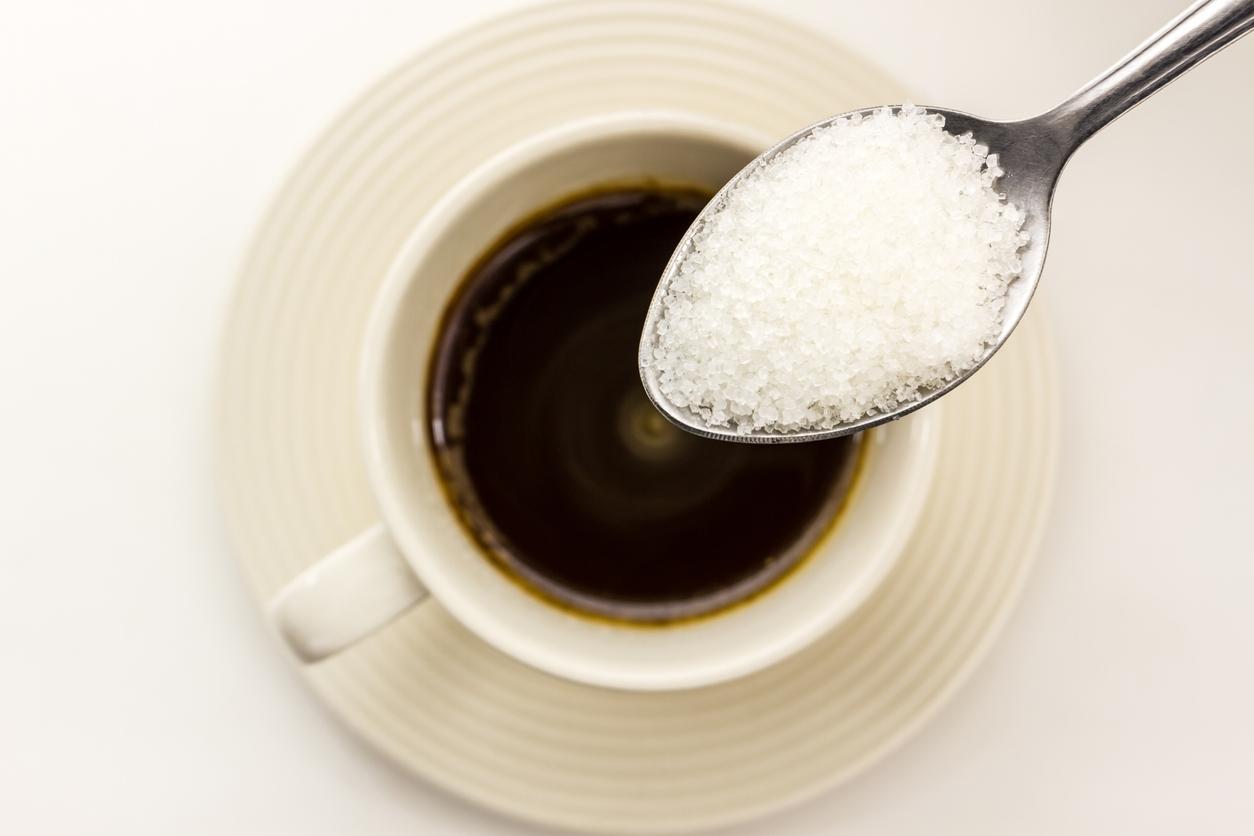The University of Waterloo assessed the social impact of sugary drinks on Canadians. Over the next 25 years, they could cause 63,000 deaths and cost 35 billion euros.

A bit pricey for soda. Canadians consume an average of 444 mL of sugary drinks per day per capita, which is, in one year, the equivalent of a bathtub (162 liters)! Consumption is even higher among young people, who ingest an average of 578 mL daily, or 16 teaspoons of refined sugar. A massive contribution, singled out for its impact on chronic diseases.
The consumption of sugary drinks would indeed be linked for the next 25 years to more than 3 million cases of obesity, to nearly a million cases of type 2 diabetes, to 300,000 cases of ischemic heart disease, to 100,000 cancer cases and nearly 40,000 strokes. This is the assessment made by researchers from the University of Waterloo (Canada).
“Excessive sugar consumption is directly linked to being overweight, which increases the risk of at least 11 different cancers,” explains Robert Nuttall, member of the Canadian Cancer Society. The assessment speaks for itself: this excess could be linked to 63,000 deaths, and cost 35 billion euros (50 billion Canadian dollars) to the taxpayer.
Consumption on the rise for 15 years
And the trend does not seem to be about to reverse. Between 2001 and 2015, the sale of sweet coffees and teas, flavored waters, drinkable yoghurts and sodas increased sharply. It is on the energy drinks side that the figure is most striking: sales have been multiplied by six!
A liquid intake to which is added the sugar contained in food. A study published in January showed that among Canadians, the vast majority of ready meals contained added sugars, without any warning appearing on the packaging.
Regulatory policies are slow to be put in place
Taxes, development of supermarket shelves, deterrence … Several avenues are being studied by the public authorities to curb the inexorable rise in consumption, following the same recipes as the fight against tobacco.
The situation is not only of concern to Canadians. In the United States, Praxis Project, an American nonprofit association, recently filed a complaint against Coca-Cola and the American beverage association for lying about the toxicity of sugary drinks. The World Health Organization, for its part, has banned their sale on its premises, and their distribution during its meetings.
In France, a decree published two weeks ago in the Official Journal, for its part, banned self-service soda fountains in restaurant chains. The hunt for unnecessary sugars is on, and the movement seems to be gaining momentum.
.

















